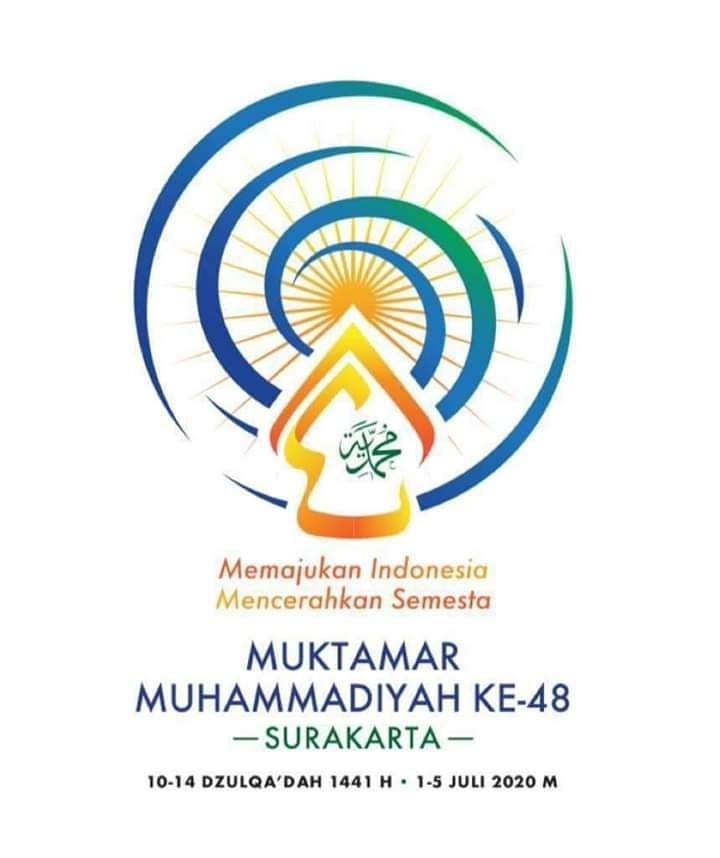Question From:
Bapak Ir. B.E. Tanjung, Jalan Bilal No. 86, P. Brayan Darat I, Medan
Question:
According to Abdul Munir Mulkhan, in his book "The issues of Theology and Fiqh in the Legal Affairs Committee of Muhammadiyah" on page 22; about how the obligatory prayers, explained, that in carrying out different Muhammadiyah prayer habits conducted by the Islamic Ummah in general. Core of his writing is, according to A. Munir Mulkhan, that Muhammadiyah as the Legal Affairs Committee in carrying out assessments of prayer, in this order: 1. read Takbir, 2. intention, 3. raise their hands in the Takbir, ... and so on. Conclusion Abdul Munir Mulkhan it refers to HPT Chapter mode Mandatory Prayer. Meanwhile, a common sequence of the Islamic ummah is: 1. intention, 2. read Takbir, 3. raise their hands in the Takbir, and so on.
Therefore, the sequence of the salat that which is true, according to Abdul Munir Mulkhan conclusions or in the order that the general carried out Muslims? If the sequence is generally held true Muslims, I suggest:
1. To be done rebuttal of writing / books Abdul Munir Mulkhan, because writing can be misleading ummah.
2. In order to be reconsidered way of writing the book order the salat in HPT, because it can confuse the ummah.
Answer:
The procedure for obligatory prayers in the HPT, written as follows: "If you want to run a prayer, then mengucaplah" Allahu Akbar "(1) niatmu sincerely for Allah (2)", and so on. The word "with" here, does not mean that after Takbir new sequence followed by intention. But the point is when someone reads Takbir that, while accompanied by intention, namely menyengaja perform prayers.
Why Takbir more highlighted in the beginning of prayer? In addition to the hadith it says like that, also to be understood, that in the practice of prayer, the intention was not able dibahasakan and be seen. He was abstract, because it is the heart movement. Not so with Takbir. So that should be distinguished from written language, especially when referring to the Shafi'i and Maliki fiqh, when talking about prayer in harmony are: intention-stand-takbiratul ihram, and so on.
All scholars agree, that the intention in the compulsory five daily prayers. Only, they are different opinions about the intentions, requirements, or pillars. Group Hanafiyah and Hanbaleeyyah say, that the intention was a requirement to pray five times. The consequence of this opinion is, that the intention is obligatory. But he is outside doing the prayer. This difference can be understood, because the hadiths that talk about prayer ordinances not nenyinggung intention problem. This is because the hadith teaches spatial plan which could be seen praying and dibahasakan. As the following hadith, which also made the argument between the way the obligatory prayers in the HPT:
مِفْتَاحُ الصَّلَاةِ الوُضُوءُ وَتَحْرِيمُهَا التَّكْبِيرُ وَتَحْلِيلُهَا التَّسْلِيمُ [رواه أبو داود والترمذي]
It means: "The key to opening prayer ablution, beginning Takbir, and finally love." [Abu Dawud Hadith History and at-Tirmidhi]
Intrinsic meaning of "wa tahrimuha at-Takbir" is, that with takbiratul ihram, all lawful action outside the prayer nenjadi forbidden in prayer, such as eating, drinking, laughing, and so forth. And the phrase "at-taslim tahliluha wa" means after the greeting, then the act which originally haram into halal again, like eating, drinking, and so forth.
إِذَا قُمْتَ إِلَى الصَّلَاةِ فَكَبِّرْ ... [متفق عليه]
It means: "When you start praying, takbirlah ..." [Hadith History Muttafaq Alaih]
Meanwhile, the intention is obligatory. Because referring to the hadeeth narrated from 'Umar ibn al-Khattab, which reads:
إِنَّمَا الْأَعْمَالُ بِالنِّيَّاتِ ...[رواه البخاري ومسلم]
It means: "Verily, (legitimate) charity that depends on the intentions ..." [Hadith History of al-Bukhari and Muslim]
Based on this hadith, then pray also be the intention. Because, prayer including deeds. Only the scholars differ intention position, as has been stated above.
Therefore, writing Mulkhan Abdul Munir said that the procedures set forth Legal Affairs Committee of prayer is different from general practice, it is a personal perception of her own. Not his opinion the Legal Affairs Committee. And in writing the issues described above, Abdul Munir Mulkhan not request information to the Legal Affairs Committee. So, on this occasion, Tim Farwa will ask Mr mempenhatikan advice.

